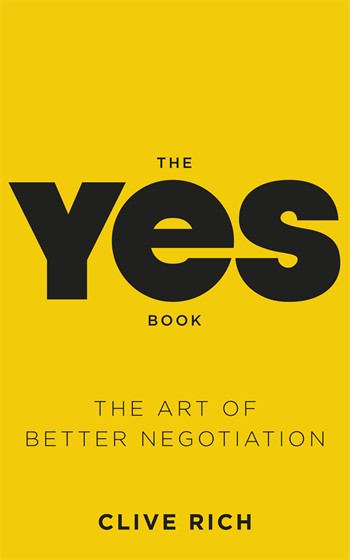I tend to agree with the view of former US Trade Representative Susan C. Schwab here (foreignaffairs.com) that rather than trying to revive multilateral trade talks, world leaders should instead be focusing on salvaging smaller regional agreements.
One of the problems with multinational negotiations is that they involve so many countries, with many different negotiation needs, so it is very difficult for all the parties to reach a consensus on a common set of issues.
It may be easier to reach a set of regional agreements between countries with broadly similar issues, which could then be linked up in due course to try to achieve a global result. It might also give the process of reaching global accord some forward momentum, and narrow down the range of issues which need to be agreed at an international level…

